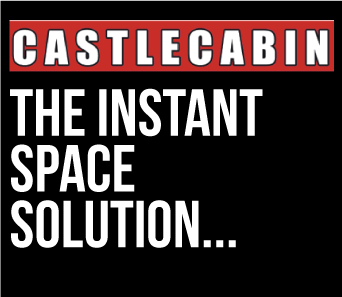View More Club News
- All Club News (716)
- Duathlon (33)
- Joey Hannan (72)
- Junior News (19)
- Kilkee (60)
- League Tables (63)
- Race Reports (33)
- TI News (26)
- Training (157)
Club News
20
Sep
2012
Choosing your Ironman – Brian Jenkins
Date: 20 Sep 2012 /
Posted by: admin /
 After a 3rd attempt at Ironman in Wales last weekend I finally feel that I have got a result which reflects the effort and sacrifice that goes into preparing for this huge challenge. Apart from the usual long hours of training, strict nutrition, flawless equipment and psychological interventions that go into making a successful race performance I believe that race selection had a large part to play in achieving a positive outcome.
After a 3rd attempt at Ironman in Wales last weekend I finally feel that I have got a result which reflects the effort and sacrifice that goes into preparing for this huge challenge. Apart from the usual long hours of training, strict nutrition, flawless equipment and psychological interventions that go into making a successful race performance I believe that race selection had a large part to play in achieving a positive outcome.
With this in mind consider the following before selecting your Ironman for next year and give yourself the best possible chance of success.
1. Climate: Consider the climate in which you will do most of your training. If you live through a real winter as most of northern Europe does you will spend a lot of time riding indoors and when you are outside it will be cold. Even in Spring and early summer it may not get over 20 degrees. You body will cope with similar conditions much better that it will with 35-40 degrees (as faced by myself and 2300 other athletes at Ironman Austria this year). If your a larger athlete 80 kg plus the heat is an even bigger factor with your ability to keep your core temperature down reduced even further.
2. Course profile: 2 things to consider here. a) if there are no hills within 100 miles of where you live and you are not going to be traveling to training camps in the mountains as part of your training it might be wise to pick a flat race course. However if you can’t get to the shops without climbing a mountain you legs should be well adapted and a hilly course might suit you better.
B) If your a smaller athlete and feel cycling is your strength you might have a big advantage over your larger competitors on a hilly course. Your superior power to weight ratio means that when gravity becomes a factor on the hilly your relative power will be much higher than larger athletes who would have smoked passed you on the flat, pushing you right up the rankings.
3. Travel: Two things to consider here also a) a local Ironman, (in your own country) can reduce the stress during race week of flying to and event, recovering from jet lag and shipping your bike. B) a local Ironman might give you a chance to check out the course a few times during your training, this not only gives you a big advantage in planning your race and adjusting your training, it also removes more stress from race week as there is no need to drive the course and facilities and hotels can be located well in advance of your arrival.
4. Support: Firstly the crowd, a route that is lined with people for 140.6 km or at least has several laps with a large crowd to cheer you on each lap can be far more fun that one long loop where you might not see another soul, giving your mind more time to wonder why your doing this in the first place.
Secondly, consider if you will be able to bring your own support crew to your Ironman. Having family or friends there to cheer you on each lap can be a huge boost and can be the difference between giving in with 10 miles to go or crossing the finish line in glory, and when your celebrating a great result you’ll need someone to get the beers in!!!








